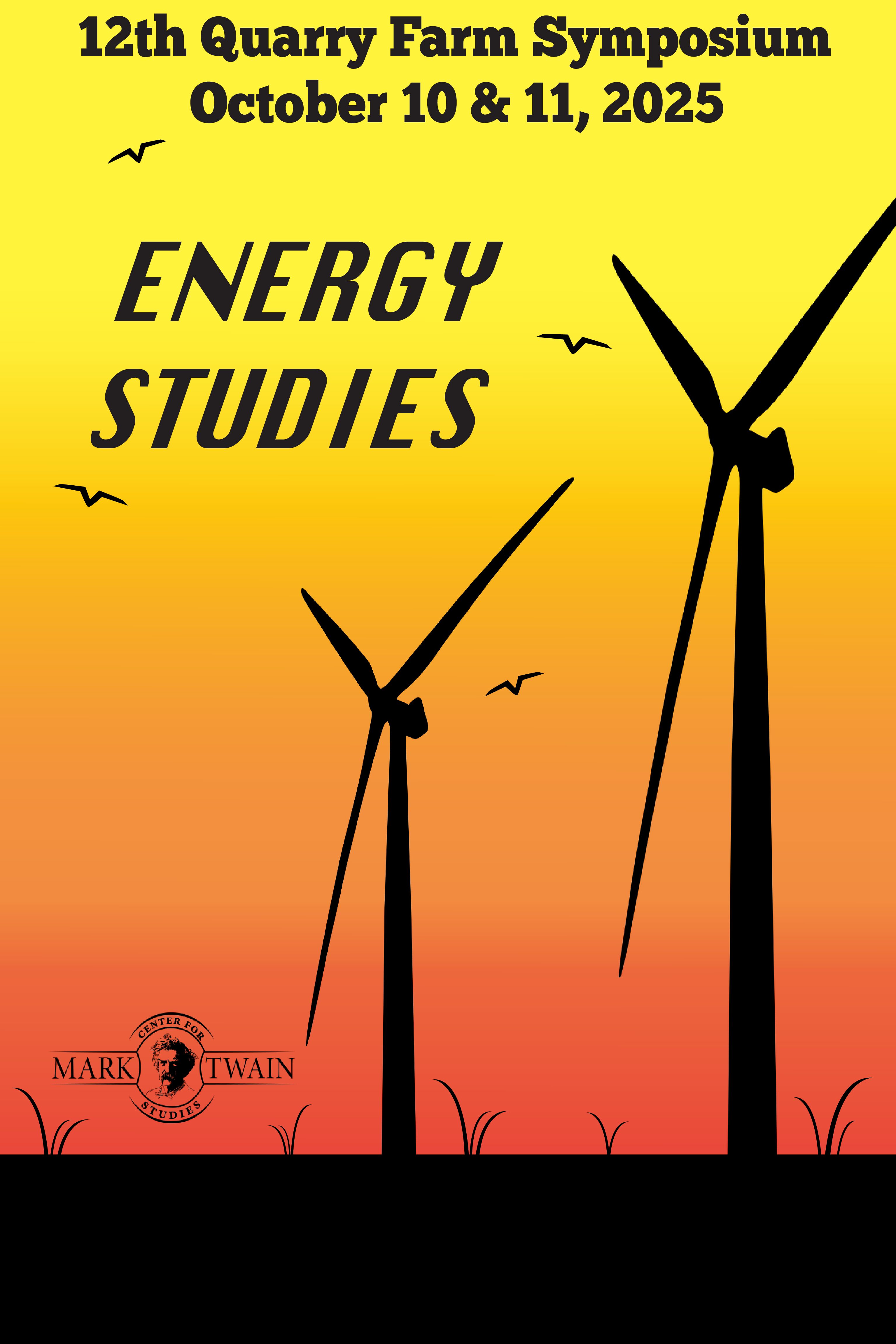In a 2011 PMLA Editor’s Column “Literature in the Ages of Wood, Tallow, Coal, Whale Oil, Gasoline, Atomic Power, and Other Energy Sources” Patricia Yeager asked what might happen if, rather than organizing literary history by segments of chronological time (historical periods) or intellectual movements (the history of ideas), “we sort texts according to the energy sources that made them possible?” Since that time, Energy Studies has burgeoned across humanistic disciplines, as scholars have examined sources of energy not just as the material substrate fueling the modern world but as the basis of social, political, economic, and cultural arrangements. This symposium seeks papers that explore cultural dimensions of energy across the long duree of what Jamie Jones has termed “fossil modernity,” from the eighteenth century to the present.

Papers might consider particular energy regimes and forms (coal, oil, gas, solar), energy’s shifting meanings over time (energy as metaphor and energy as substance), energy’s key terms (extraction, abundance, exhaustion, depletion, transition), its effects (growth, velocity, violence, pollution), its infrastructures (from pipelines to refineries and data centers), and its relations to ongoing historical processes (racialization, settler colonialism, capitalism). The symposium hopes to take stock of “energy” and Energy Studies’ past and their possible futures.
This is the 12th Quarry Farm Symposium, hosted by the Center For Mark Twain Studies on the property where Twain wrote most of his best-remembered works. Like previous symposia on, for instance, Abolition Studies and American Literary History & Economics, the Energy Studies symposium does not seek to center Mark Twain or his works in the proceedings, but merely to acknowledge that ongoing research and publication in this field is bound to facilitate better understanding of Twain’s life, work, legacy, and world, as is CMTS’s mission. Twain wrote explicitly, in The Gilded Age (1873), for instance, about steam and oil as epochal commodities. He worked in mining encampments and over fossil-powered machinery throughout the transformative decades of the 1850s and 1860s. He belonged to labor unions and advocated for industrial laborers. And, later in life, he variously defended, derided, organized against, and invested in what we would now recognize as energy companies, including Standard Oil.
The goals of Quarry Farm Symposia are two-fold. They are a product unto themselves. With permission, all presentations will be recorded and archived at MarkTwainStudies.org, such as to provide an accessible primer in Energy Studies. But CMTS also aims to create a space conducive to ongoing collaboration. Previous symposia have led to special issues of academic journals, edited collections, co-authored articles, podcast episodes, panels and roundtables at major conferences. Hopefully, this symposia will be similarly fruitful, both during the weekend it takes place, and after.
